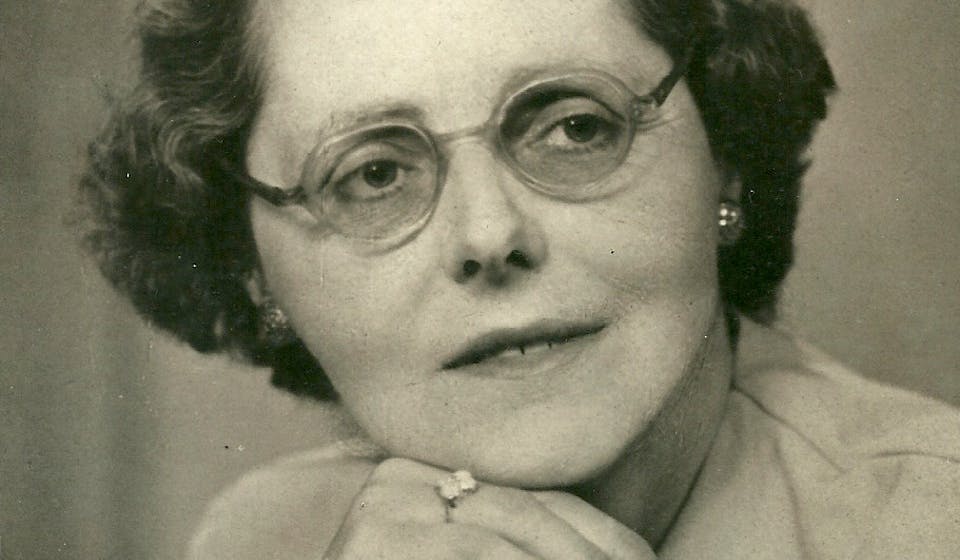Imprint
- The Murder Room
Fiction, Crime & mystery, Classic crime
In the 'ads - wanted' section, no one said anything about murder...
Classic crime from one of the greats of the Detection Club
'No author is more skilled at making a good story seem brilliant' Sunday Express
Middle-aged spinsters of independent means shouldn't answer matrimonial adverts. Agatha Forbes realised this when she saw what her brand new husband kept in his woodshed and screamed in mortal terror.
By then her husband's tender caresses had slowly turned into a stranglehold. But, unbeknown to her, the moment that a doctor would scrawl his signature on her death certificate was creeping nearer with each passing day.
Praise for Something Nasty in the Woodshed
-
Unquestionably a most intelligent author. Gifts of ingenuity, style and character drawing - SUNDAY TIMES
-
If there is one author whose books need to be widely available, it is Gilbert - Inkquilletc.blogspot
-
Fast, light, likeable - NEW YORK TIMES
-
Well-plotted, fast-moving - brilliant
-
No author is more skilled at making a good story seem brilliant - SUNDAY EXPRESS

Anthony Gilbert
Anthony Gilbert was the pen name of Lucy Beatrice Malleson. Born in London, she spent all her life there, and her affection for the city is clear from the strong sense of character and place in evidence in her work. She published 69 crime novels, 51 of which featured her best known character, Arthur Crook, a vulgar London lawyer totally (and deliberately) unlike the aristocratic detectives, such as Lord Peter Wimsey, who dominated the mystery field at the time. She also wrote more than 25 radio plays, which were broadcast in Great Britain and overseas. Her thriller The Woman in Red (1941) was broadcast in the United States by CBS and made into a film in 1945 under the title My Name is Julia Ross. She was an early member of the British Detection Club, which, along with Dorothy L. Sayers, she prevented from disintegrating during World War II. Malleson published her autobiography, Three-a-Penny, in 1940, and wrote numerous short stories, which were published in several anthologies and in such periodicals as Ellery Queen's Mystery Magazine and The Saint. The short story 'You Can't Hang Twice' received a Queens award in 1946. She never married, and evidence of her feminism is elegantly expressed in much of her work.


































.png?auto=compress&w=150&h=60&fit=crop&fm=jpg)

.png?auto=compress&w=150&h=60&fit=crop&fm=jpg)


